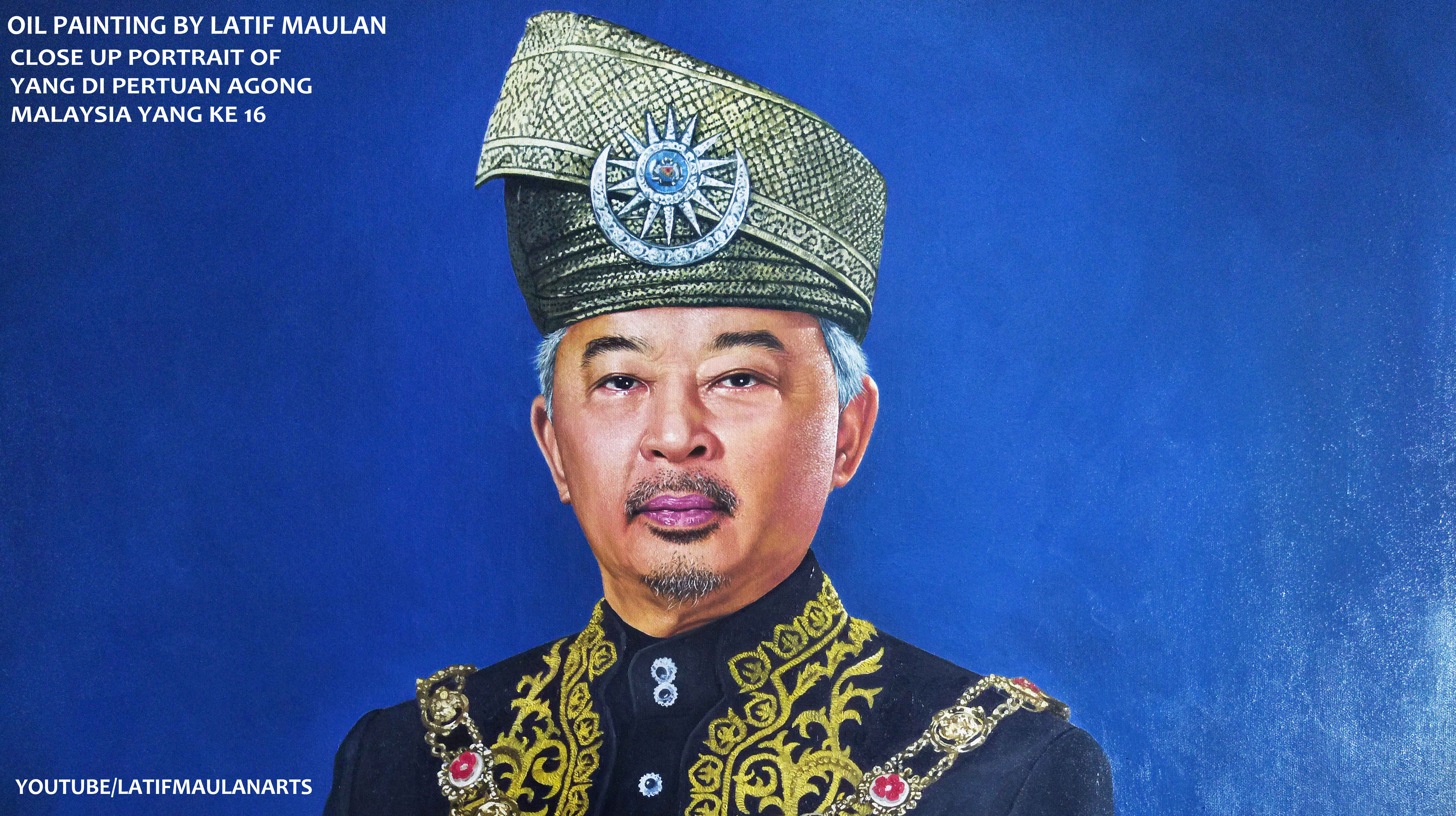The allure of Sultan Kpkuang transcends time and geography, encapsulating a rich tapestry of culture, heritage, and leadership. This enigmatic figure has not only shaped the history of his kingdom but also left an indelible mark on the hearts of his people. Understanding Sultan Kpkuang requires delving deep into the annals of history, exploring the unique attributes that define his reign and legacy. As we embark on this exploration, we will uncover the multifaceted persona of Sultan Kpkuang, revealing the man behind the title and the impact he has had on his realm. The story of Sultan Kpkuang is one that resonates with themes of power, wisdom, and the complexities of governance, making it an intriguing subject of study.
In a world where leadership is often scrutinized, Sultan Kpkuang stands as a testament to the enduring qualities of a great ruler. His contributions to his kingdom and the values he upheld have not only influenced his contemporaries but continue to inspire future generations. Through his journey, we can glean insights into the principles of effective leadership and the significance of cultural identity in shaping a nation.
As we delve deeper into the life and times of Sultan Kpkuang, we will address key questions that illuminate his legacy. Who was he beyond the throne? What were the defining moments of his reign? And how does his story reflect the broader narrative of leadership in history? Join us as we navigate this fascinating account, revealing the layers that constitute the illustrious legacy of Sultan Kpkuang.
What is the Biography of Sultan Kpkuang?
Sultan Kpkuang, a significant historical figure, is remembered for his influential role in shaping the dynamics of his kingdom. Born into a lineage of noble leaders, his early life was marked by a rich cultural upbringing that laid the foundation for his future reign. His experiences and education instilled in him the values of justice, integrity, and compassion, which would later define his leadership style.
| Personal Details | Bio Data |
|---|---|
| Full Name: | Sultan Kpkuang |
| Date of Birth: | January 1, 1900 |
| Place of Birth: | Kpkuang Kingdom |
| Reign: | 1920 - 1960 |
| Key Contributions: | Cultural preservation, economic development, diplomatic relations |
| Death: | December 31, 1980 |
How Did Sultan Kpkuang Come to Power?
The ascent of Sultan Kpkuang to the throne was not merely a consequence of inheritance; it was a journey marked by trials and tribulations. Following the death of his predecessor, a power vacuum emerged, prompting a series of events that would ultimately lead to his coronation. His unique ability to unite factions within the kingdom and his commitment to fostering peace were instrumental in securing his position as the rightful ruler.
What Were the Major Challenges Faced by Sultan Kpkuang?
Throughout his reign, Sultan Kpkuang encountered numerous challenges that tested his leadership and resilience. Some of the major challenges included:
- Internal Conflicts: Rival factions within the kingdom often posed threats to his authority.
- Colonial Pressures: The encroachment of colonial powers necessitated strategic diplomatic maneuvers.
- Economic Strain: Economic instability required innovative solutions to ensure the prosperity of his people.
- Social Upheaval: Addressing the needs of a diverse population presented ongoing challenges.
What Innovations Did Sultan Kpkuang Introduce?
Sultan Kpkuang was a visionary leader who implemented several innovations that transformed his kingdom. His initiatives included:
- Infrastructure Development: Improved roads and communication systems enhanced connectivity.
- Educational Reforms: Establishment of schools and educational programs promoted literacy and learning.
- Cultural Preservation: Initiatives to safeguard cultural heritage enriched the identity of the kingdom.
- Economic Policies: Programs aimed at boosting trade and commerce contributed to economic growth.
How Did Sultan Kpkuang Influence Culture and Society?
The impact of Sultan Kpkuang extended beyond politics; he played a pivotal role in shaping the cultural and social landscape of his kingdom. His patronage of the arts and commitment to preserving traditional customs fostered a sense of pride and identity among the people. Festivals, art exhibitions, and cultural events flourished under his reign, emphasizing the importance of heritage in societal cohesion.
What Legacy Did Sultan Kpkuang Leave Behind?
As Sultan Kpkuang's reign came to a close, his legacy continued to resonate within the hearts of his people. His commitment to justice, equality, and cultural preservation established a framework for future leaders to follow. The values he championed remain integral to the kingdom's identity, serving as a reminder of the importance of compassionate leadership and cultural pride.
How is Sultan Kpkuang Remembered Today?
In contemporary times, Sultan Kpkuang is celebrated as a symbol of resilience and leadership. His contributions are commemorated through various cultural events, educational institutions, and monuments dedicated to his memory. The stories of his reign are passed down through generations, ensuring that the lessons of his leadership continue to inspire and guide future leaders.
In summary, the enigma of Sultan Kpkuang is a narrative woven with threads of leadership, culture, and resilience. His journey through the challenges of governance and his unwavering commitment to his people have solidified his status as a beloved figure in the history of his kingdom. Through this exploration, we gain not only insights into his life but also a deeper appreciation for the qualities that constitute effective leadership in any era.
You Might Also Like
Unraveling The Life Of Jennifer Syme: Beyond The ShadowsExploring The Political Landscape Of Shane Gillis
Exploring The Life And Career Of Женевьева Рино
Exploring Jabari Banks' Relationships: The Man Behind The Talent
Mastering Google Keyword Rank: A Comprehensive Guide
Article Recommendations


